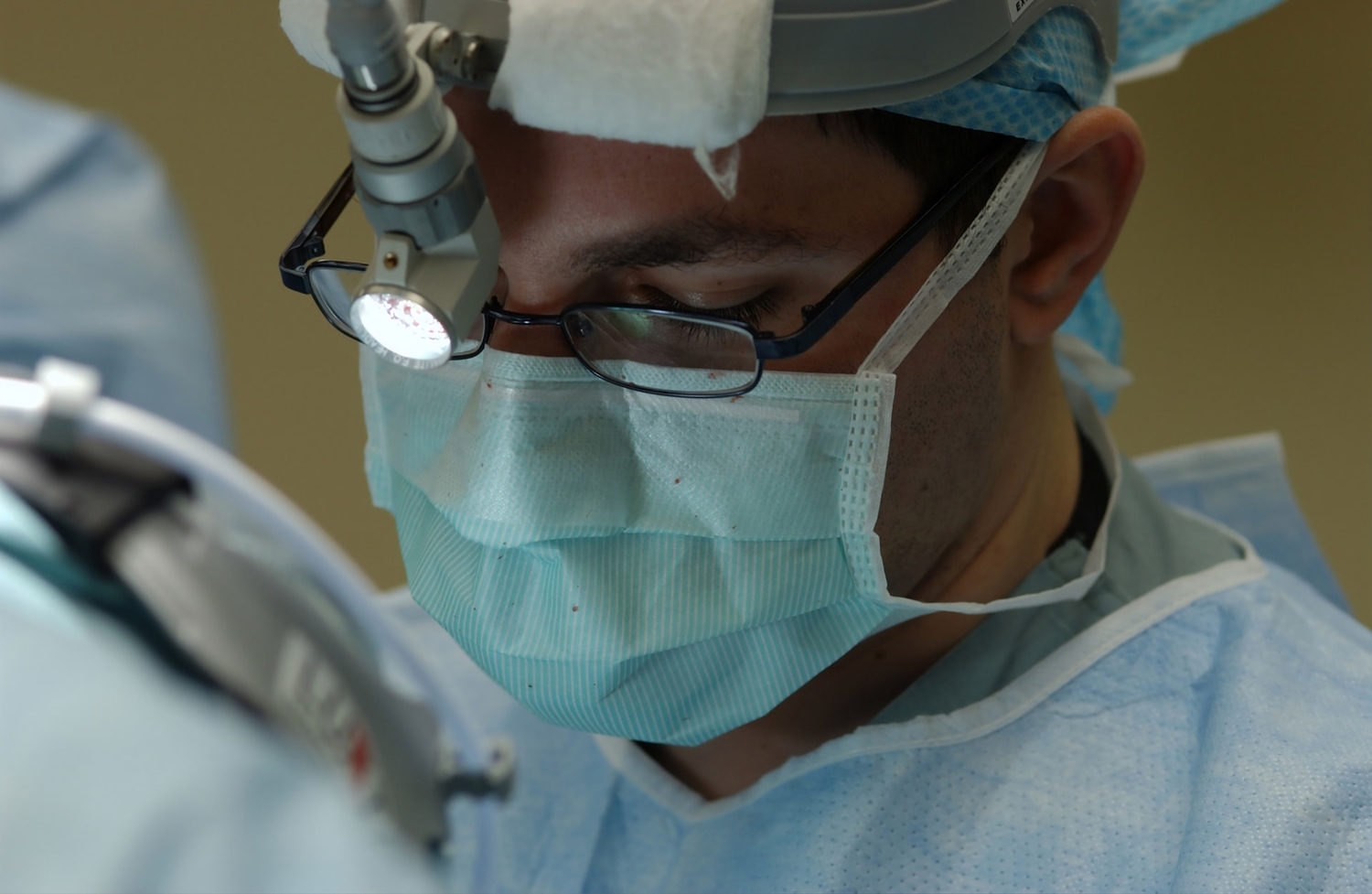

Being in social isolation gives us folks at home a lot of time to think—and maybe you’ve been racking your brain to figure out how to help the people fighting on the front lines of the pandemic we are all doing our best to slow down. And while donating cash to hospitals is fabulous, there’s much more you can do, and you might already have the things doctors and nurses need.
Here’s a quick list of useful items healthcare workers need to protect themselves and others from COVID-19:
Protective gear and medical supplies
Listen up, readers who work in other scientific fields, or even paint or work with wood: those protective masks, gloves, protective gowns, goggles, and face shields are crucial on the front lines of COVD-19 response. As we all know by now, COVID-19 is pretty darn contagious, and it spreads through bodily fluids like saliva, often traveling through the air after a sneeze or cough.. So, every time a doctor or nurse takes care of a patient, they risk catching the dangerous virus.
You can donate N95 respirators (which are particularly effective against viruses), surgical face masks, or even face coverings you can somewhat easily make at home. If you make some yourself, you’ll join the ranks of Prada and Kering, which have already pitched in to create masks at their clothing production facilities. JoAnn Fabrics is handing out free supplies if you have a moment or two to stitch a few up.
Medical TV shows like The Good Doctor and Grey’s Anatomy have stepped up, too, donating actual medical supplies and protective gear they keep on set to use as props and costumes.
So think about your hobbies and the gear you have in your closet—it could help someone protect themself from the virus.
If you have loads of bleach, antimicrobial wipes, hand sanitizer, and other disinfecting products, hospitals really need that stuff to protect workers and patients. If you work at an office or school, you might be able to find a shocking amount of unopened Lysol wipes. It’s worth a search if you’re healthy and already have some at home.
Also, if you panic-bought all the Purell in your neighborhood, now’s the perfect time to put those virus-killing chemicals to good use instead of hoarding it. We’re past the point of judgment now, so just do the right thing.
To find out where donations are needed most in your community and what exactly they need, you can search by state on Donate PPE’s website, or check out this Twitter thread to see which universities are asking for donations.
Blood
If you’re healthy, donating blood is something just about anybody can do. Right now, it’s more important than ever because folks aren’t leaving home and blood drives are being canceled. But if you qualify as a donor, you should definitely consider donating blood as a necessary reason to leave home. You can still minimize your contact with other people, too—just make an appointment and have the center call you when they are ready for you to come in.
Blood donations aren’t necessarily going to help patients in hospitals struggling with COVID-19-related illnesses. But hospitals still need that blood for patients who have been in car crashes, must have surgery, or are battling cancer. After all, crashes and other illnesses don’t just stop happening because a pandemic is dominating the headlines.
Contrary to many rumors, however, you won’t get tested for COVID-19 just by donating.
Check out these links if you’re interested in donating blood:
Toys, games, and other fun stuff
Being stuck in the hospital sucks—but I can assure you that it sucks a whole lot worse when your community is on lockdown and it’s nearly impossible for friends and family to visit. You can donate toys and games to children’s hospitals pretty much any time, but now is as good a time as ever to think of those in need.
Children’s Hospital Colorado has a wish list of items, including arts and crafts supplies, headphones, playing cards, and essentials like underwear. But, all the toys need to be brand new and in their original packaging, which ensures no bacteria or viruses from the outside world can infect at-risk patients.
To look for children’s hospitals near you, use this tool from the Children’s Hospital Association.
